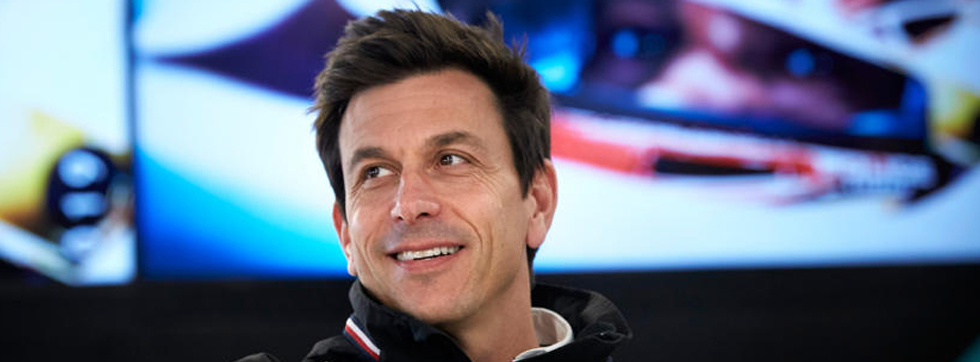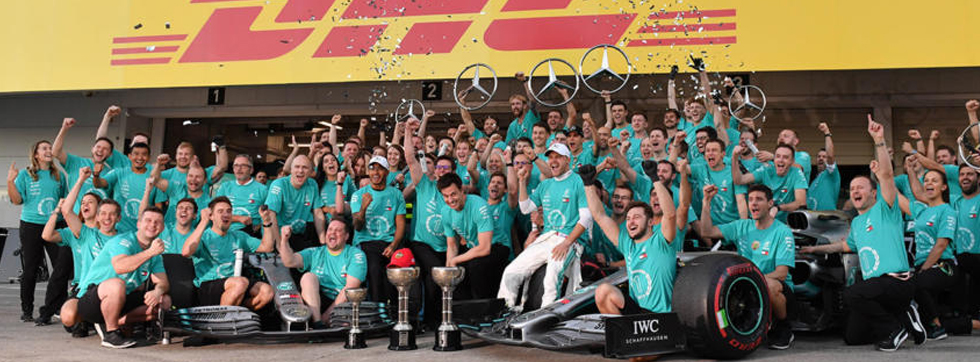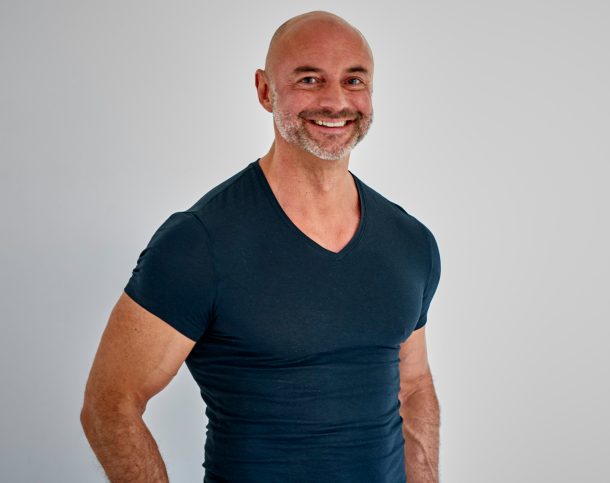The greatest team in F1 history?
At the Japanese Grand Prix 13th October 2019, Mercedes secured a record-breaking sixth world Formula 1 Championship Constructors title and with it the accolade of being labelled the greatest team in F1 history.
Defining success is easy.
When they embarked on their journey seven years ago, they wanted to win races more regularly and then fight for the championship. Six years later they’ve won their sixth Championship in a row, something they never thought would be possible.
Mercedes have simply won more races than the rest. In fact, this is a team that has dominated the era of F1 turbo-hybrid engines having won 86 of 117 races in the last five years to date and with plenty more in the tank to come.
What drives them to perform and win?
How have they not rested on their laurels but kept raising the bar despite their successes and outstanding achievements?
“The relentless pursuit of excellence”
Toto Wolff the approachable, relaxed, calm boss of the team ascribes the team’s success to “permanent scepticism” and says the “relentless pursuit of excellence” seen in star driver Lewis Hamilton as he moves towards his own sixth title this season is “something that is very ingrained in the team”.
“Lewis has played a big part in that,” says Wolff. “He never stops pushing for performance. He is very self-critical. He is the only driver I have ever seen coming into a debrief and saying: ‘Don’t look at my data because my driving was not good enough.’ And that from a five-time world champion.”
“This relentless pursuit of being a better you tomorrow than you have been today, and brutal honesty with yourself, transparency within the organisation to overcome mistakes and shortcomings, is something that is a very big part of Lewis’ character – and the mindset of the team.”

What’s the secret?
The secret, Wolff says, is framing targets that keep motivation high throughout the organisation.
The “right objectives keep you motivated and energised,” he says.
Although the target is the same every year – winning the world title – each season has offered a different angle which has allowed the team to “reinvent” themselves.
“Winning the first championship was a huge mountain we wanted to conquer,” Wolff says. “And then we wanted to prove we were able to do it a second time.”
“A sense of purpose and clear objectives
“You need to wake up in the morning with a sense of purpose and clear objectives, and that keeps you going.”
“It would not do it justice to come up with a 30-second answer but if I were to sum it up, it’s the people, the group of people working on the project, each giving it their all, playing the best game in their respective position and the strengths of the pack has made us win these championships.”
“It is about marginal gains. It’s about putting everything together and not leaving one stone unturned. It’s about having a no-blame culture, empowering even when it’s difficult sometimes when you’d rather control things.”
“But the strength goes very deep into the organisation. It’s values that are ingrained in the team that you can’t just put on a Powerpoint and say: ‘Now we are empowering everybody’. You need to live it in the difficult moments and that has made the strengths of the team.”
“We have had many hiccups over the years, and we have been always able to collect ourselves and understand why we haven’t performed well and then come back even stronger.”
“We could spend a whole day trying to analyse what I believe are the strengths of the group but there are so many factors and so many faces come into my mind that I see through the year tired, happy, tired, happy and just pushing through.”
Wolff added: “Each of the championships felt very special for different reasons. This one, again, is so special because it is not always easy to reinvent yourself at the beginning of the year and set objectives that motivate everybody and then embark on the long season.”
So, whilst success is measured in quantifiable terms, creating a successful mindset requires extraordinary leadership, engagement and constant innovation.

Learning from failure
After difficult races, Wolff often talks about learning from failure – a favourite phrase of his is “turning your worst days against your rivals”.
“The days we fail are the days we learn the most
“The days we fail are the days we learn the most,” he explains. “You never leave a track with a great victory saying: ‘Why the hell did we win?’ But you leave the track saying: ‘Why the hell did we lose?’
“Indeed, the diligence of the analysis to leave no stone unturned is much deeper and intense when you have lost.
“The pain of losing lasts many days, probably up until the next race. The enjoyment of winning disappears on the Monday morning after the grand prix. And this has kept us going.”
What can you take from Mercedes approach to creating a winning mindset and apply that to your own world?
If you’d like to learn more about working with me please get in touch.
Arnold Ferrier Coaching
Helping outwardly successful leaders tame their inner critic to achieve personal and professional growth.
ICF Code of Ethics
Privacy Policy
© 2023 Arnold Ferrier Coaching


